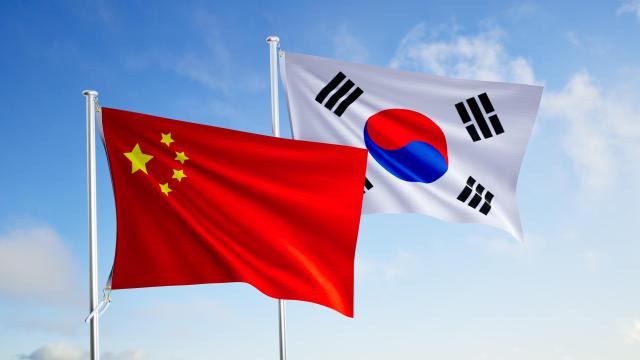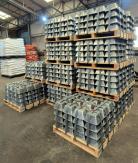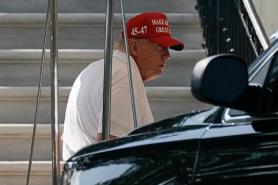
The meeting brought together senior officials including Kim Jong-chul, director-general for international trade relations at South Korea’s Ministry of Trade, Industry and Energy, and Wang Liping, his counterpart from China’s Ministry of Commerce.
Since August 2023, China has steadily expanded its list of export restrictions on strategic resources, starting with gallium and germanium — materials essential to semiconductor and defense technologies. In the months that followed, Beijing added graphite, antimony, tungsten and tellurium to the list.
Tensions escalated further in April, after Washington raised tariffs on a wide range of Chinese imports.
In response, China imposed new export controls on seven rare earth elements, including samarium, used in cobalt magnets; gadolinium, for medical imaging contrast agents; and dysprosium, vital to electric vehicle motors.
Other materials now under restriction include lutetium, used in radiation therapy; scandium, a strengthening additive in aerospace aluminum alloys; yttrium, for solid-state lasers; and terbium, essential for display phosphors.
At Thursday’s meeting, South Korean officials urged Beijing to minimize the impact of these measures on domestic manufacturers and to ensure the continued flow of critical inputs. Seoul also proposed that Chinese authorities host a series of policy briefings later this year to enhance transparency and predictability in supply chain management.
The dialogue is part of a broader framework known as the “supply chain hotline,” a government-to-government mechanism launched in December 2023 to facilitate communication and preempt disruptions. The first meeting was held in Seoul, followed by a second session in the eastern Chinese city of Yantai in November.
While no major breakthroughs were announced, both sides expressed commitment to ongoing dialogue amid a rapidly shifting geopolitical and trade landscape.
Copyright ⓒ Aju Press All rights reserved.




